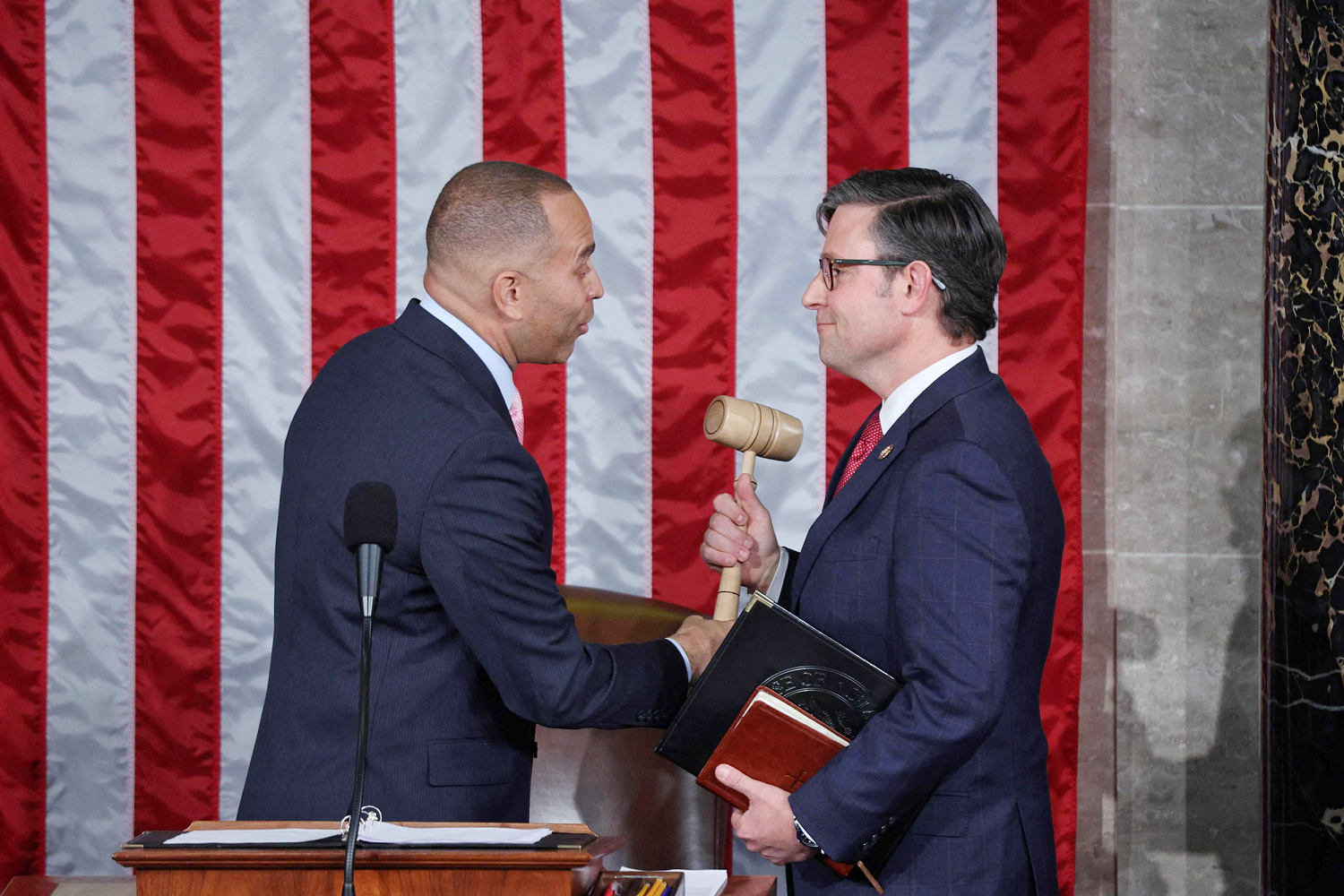A federal judge issued a temporary restraining order Sunday against a Mississippi law banning diversity, equity and inclusion (DEI) from public schools and universities.
U.S. District Judge Henry Wingate, a nominee of former President Ronald Reagan, approved the request brought by plaintiffs, including the Mississippi Association of Educators, who are represented by the American Civil Liberties Union and the Mississippi Center for Justice. The order pauses implementation for at least 14 days of a state law known as House Bill 1193, which was approved in April and first took effect July 1.
In his ruling, Wingate cited instances where the law is already having an impact as part of his reason for siding with the plaintiffs.
Faculty members at Jackson State University have been instructed not to discuss gender theory or systemic racism, he wrote as an example.
UNIVERSITY OF MICHIGAN, LAW JOURNAL SUED FOR ALLEGEDLY DISCRIMINATING AGAINST STRAIGHT WHITE MALES
"Suppressing constitutional speech through vague prohibitions and the specter of financial retribution does not serve the public good – it undermines it," Wingate wrote. "An over-broad, constitutionally borderless law should be the target of a well-aimed injunction to promote, rather than impair, the interests of Mississippi citizens, the integrity of its institutions, and the constitutional principles on which this republic stands."
The legislation bans DEI offices, programs, trainings and statements and prohibits institutions from considering DEI in contracts and their hiring processes. It also prohibits programs or academic courses promoting "divisive concepts," including that one race, sex, color, or national origin is superior to another or that someone is inherently racist or oppressive, consciously or unconsciously, based on those characteristics. Schools or universities may not promote the concept that an individual's moral character is determined by his or her race, sex, color, or national origin or that "meritocracy or traits such as hard work ethic are racist or sexist, or were created by a particular class to oppress another class."
The law also bans "concepts promoting transgender ideology, gender-neutral pronouns, deconstruction of heteronormativity, gender theory, sexual privilege or any related formulation."
Institutions found to be in violation of the law could lose state funding.
The judge notes that plaintiffs argue "the law’s enforcement mechanism – withdrawal of funds, dissolution of student organizations, and employment consequences – exacerbates its chilling effect."
"The chilling effect is compounded in the academic context, where the fear of losing state funding compels institutions to over-correct in ways that suppress constitutionally protected speech censorship," Wingate wrote.
FEDERAL JUDGE RULES TRUMP ADMIN CANNOT BLOCK GRANTS TO LGBT GROUPS
The order cites affidavits from school officials complaining that "vague prohibitions" under the law resulted in partnerships and programs supporting LGBTQ+ students being abruptly severed. One librarian at Hinds Community College attested she "is uncertain whether promoting material for events like Black History Month or recommending titles related to race, gender, or identity violates the Act."
"In this Court’s eye, these accounts appear to reflect a broad, chilling effect across public institutions and community organizations," Wingate wrote. "The affidavits detail not only imminent harm, but a possible widespread suppression of speech, programming, and institutional function. The evidence, at this stage, demonstrates a clear and ongoing deprivation of constitutional rights in a manner not compensable by money damages – thus warranting injunctive relief."
The judge instructed both sides to appear for a hearing on Wednesday. Wingate can decide whether to extend the temporary restraining order by another 14 days.
Plaintiffs are seeking a preliminary injunction, which would more permanently block the DEI ban. A hearing on that matter is scheduled for Aug. 3.
CLICK HERE TO GET THE FOX NEWS APP
It was not immediately known if Mississippi would appeal to the U.S. 5th Circuit Court of Appeals. Fox News Digital reached out to the Mississippi Attorney General's office, but they did not immediately respond.
The Associated Press contributed to this report.
.png)
 8 hours ago
4
8 hours ago
4















 English (US)
English (US)